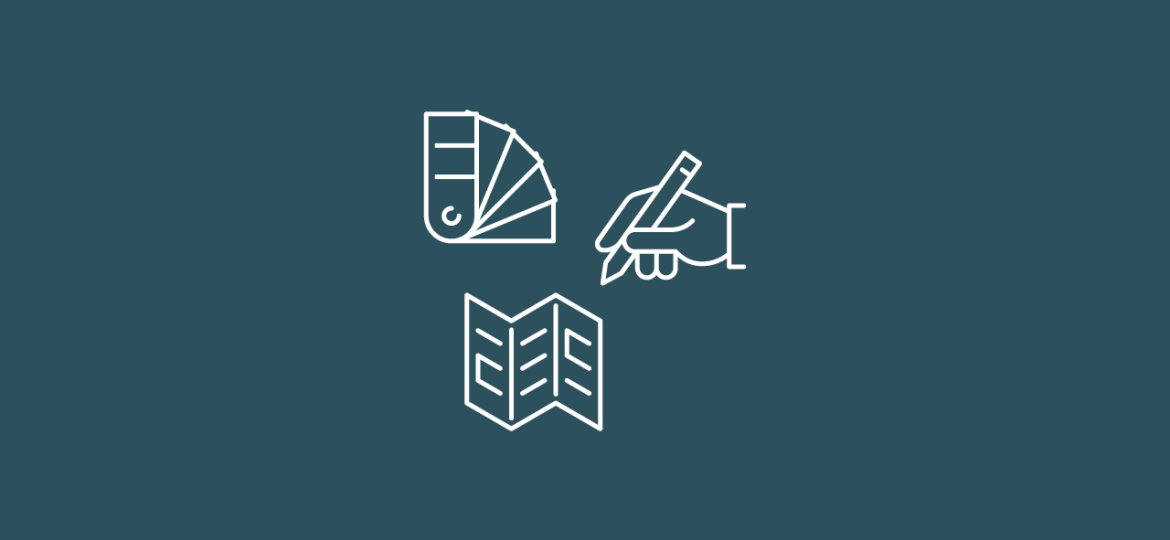
As a creative, getting caught up in the constant flow of ideas and the pressure to produce quality work can be easy.
However, recharging time is crucial to maintaining a sustainable creative practice.
In this post, we’ll explore the importance of taking breaks, the benefits of relaxation, and some practical tips for incorporating rest into your creative routine.
The Value of Taking Breaks
Many have been conditioned to believe that productivity is directly tied to working time. We often view breaks as hindering our progress rather than a necessary component. However, research shows that regular breaks can increase productivity and creativity.
Studies have found that taking breaks throughout the workday can help reduce stress, improve focus and concentration, and boost overall well-being. When we take a break, we give our minds and bodies a chance to reset, which can lead to increased energy and motivation. Additionally, taking a break can help prevent burnout, a common issue for creatives constantly pushing themselves to produce.
It’s important to note that taking a break doesn’t necessarily mean completely stepping away from your work. It can be as simple as walking, stretching, or engaging in a different creative activity. The key is giving your mind a chance to rest and recharge, ultimately leading to better results in the long run.
The Benefits of Relaxation

Relaxation is another crucial aspect of maintaining a sustainable creative practice. When constantly pushing ourselves to produce, we can become tense and stressed, negatively impacting our creativity and overall well-being. Taking time to relax can help us reduce stress and anxiety, improve our mood, and increase our ability to think creatively.
There are many ways to incorporate relaxation into your routine, such as practising mindfulness meditation, taking a warm bath, or listening to calming music. Whatever method you choose, the goal is to give yourself space to unwind and release any stress or tension you may be holding onto.
It’s important to remember that relaxation is not a luxury but a necessity. Taking time to recharge and restore your energy is essential to maintaining a sustainable creative practice.
Practical Tips for Incorporating Rest into Your Routine
Now that we’ve covered the importance of taking breaks and the benefits of relaxation let’s explore some practical tips for incorporating rest into your creative routine.
First, it’s important to schedule regular breaks into your workday. This can be as simple as setting a reminder on your phone to take a 10-minute break every hour. Step away from your work and engage in a different activity, such as stretching or walking.
Second, make sure to prioritise getting enough sleep. Lack of sleep can negatively impact our creativity and productivity, so it’s important to aim for 7-9 hours of sleep each night.
Third, consider incorporating relaxation techniques into your daily routine. This can be as simple as taking a few deep breaths before starting work or practising daily mindfulness meditation.
Finally, don’t forget to take longer breaks as well. Consider taking a day off each week or scheduling a more extended vacation every few months to recharge and reset fully.
Staying Recharged
Taking time out to recharge is essential to maintaining a sustainable creative practice.
Whether taking regular breaks throughout the workday, practising relaxation techniques, or taking longer breaks, incorporating rest into your routine can increase productivity, creativity, and overall well-being.
So, next time you’re feeling burnt out or uninspired, remember to take a break and give your mind and body the rest it needs to thrive.

